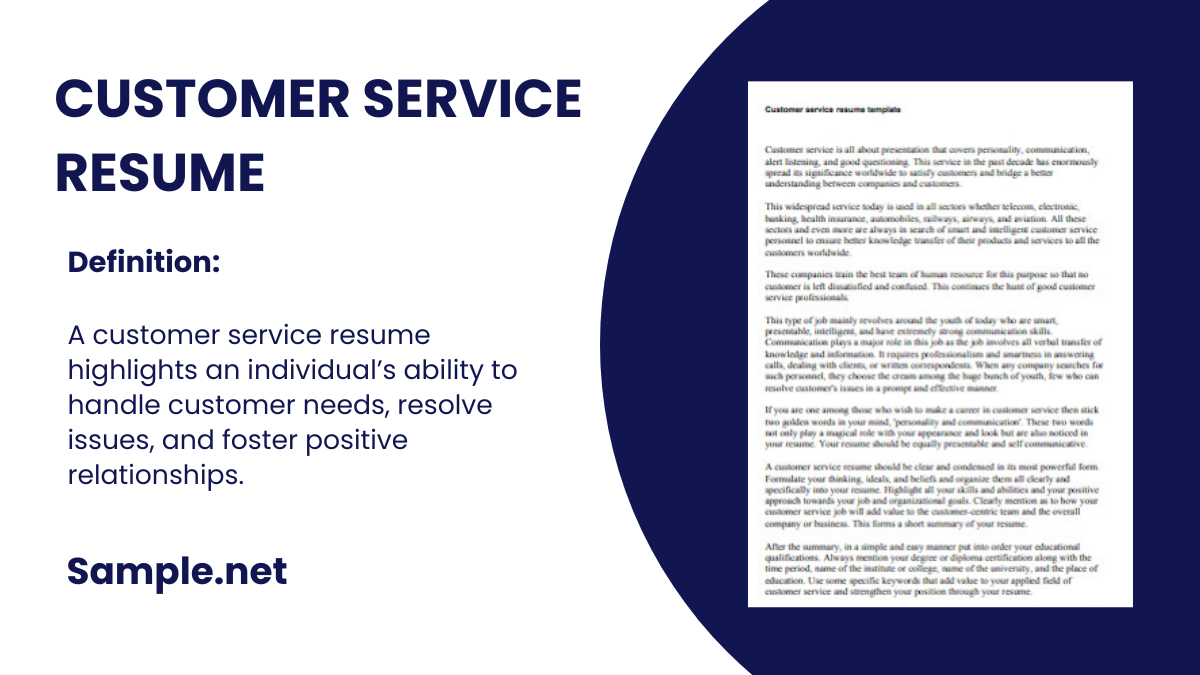A customer service resume highlights an individual’s ability to handle customer needs, resolve issues, and foster positive relationships. It should showcase key skills such as communication, problem-solving, and adaptability…
continue reading
21+ Sample Work Resume
-
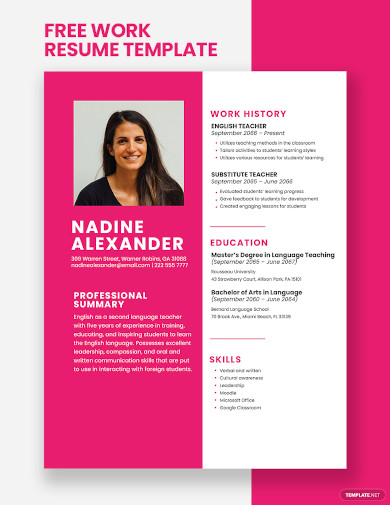
Free Work Resume
download now -
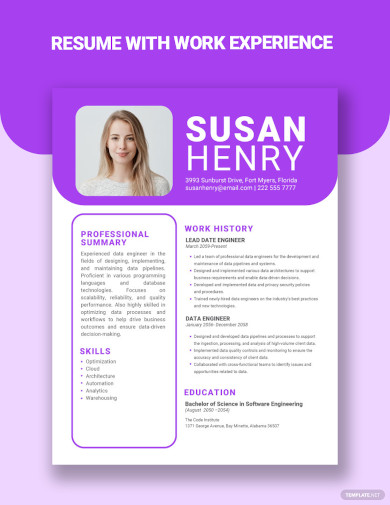
Resume with Work Experience
download now -
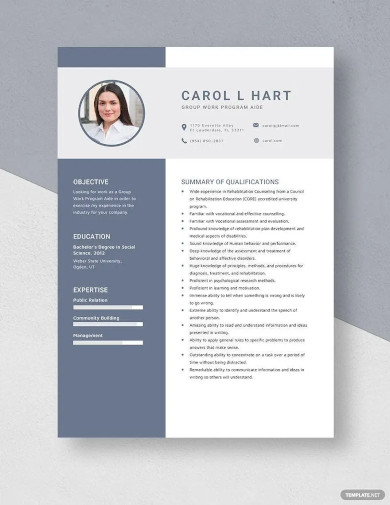
Free Group Work Program Aide Resume
download now -
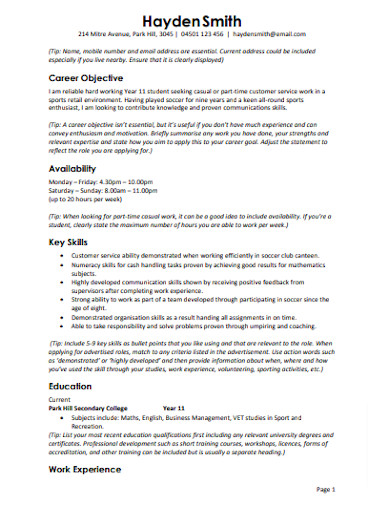
Work Resume for Student
download now -
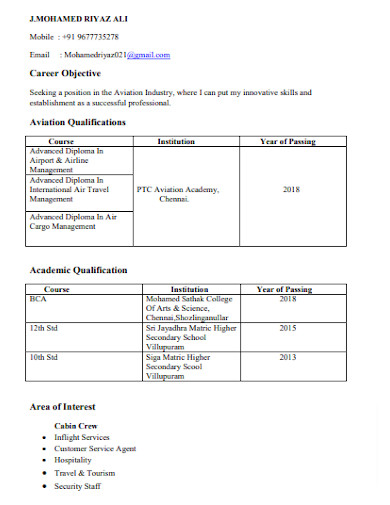
Career Objective for Work Resume
download now -
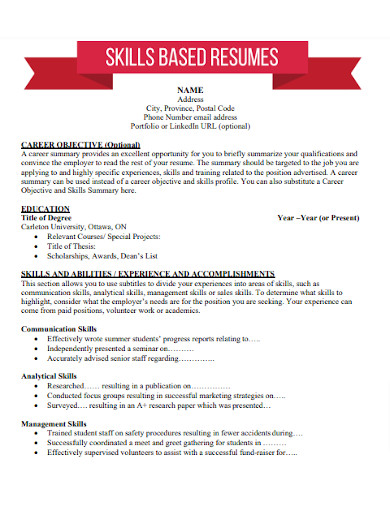
Work Resume Skills
download now -
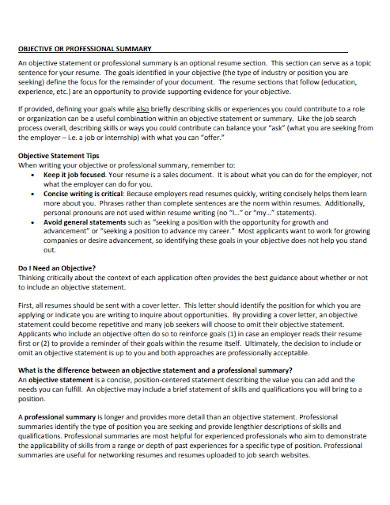
Work Resume Professional Summary
download now -
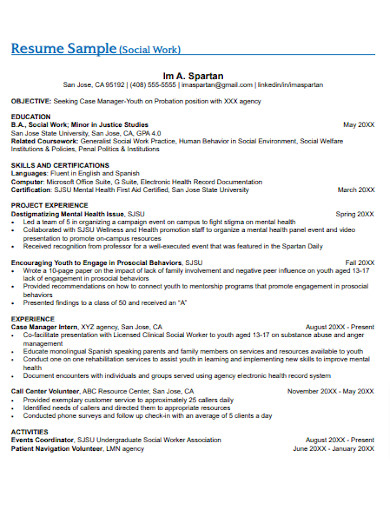
Work Resume for Social Worker
download now -
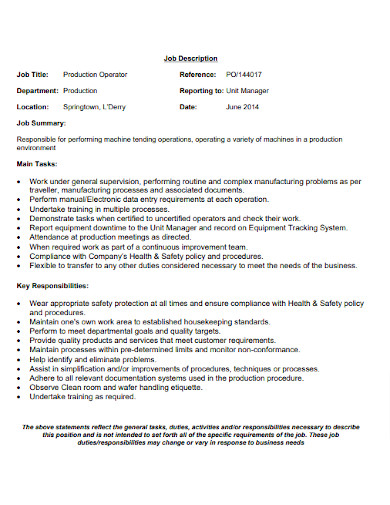
Work Resume for Production Worker
download now -
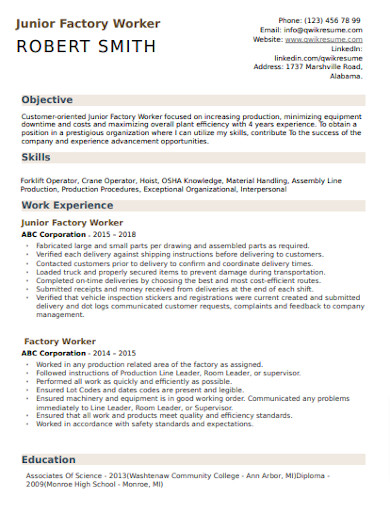
Factory Work Resume
download now -
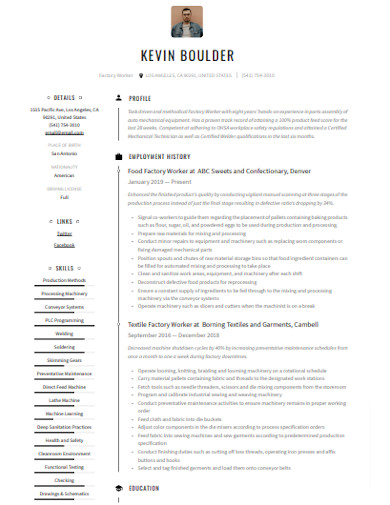
Resume for Work from Home
download now -
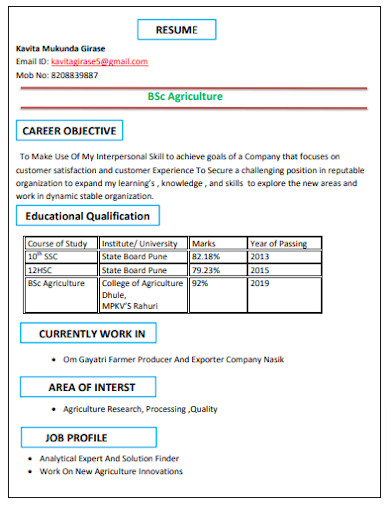
Work Resume Format
download now -
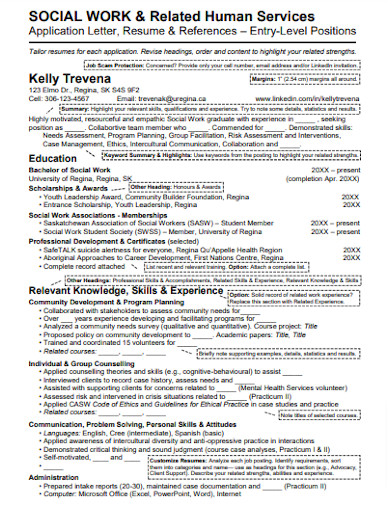
Social Work Resume
download now -
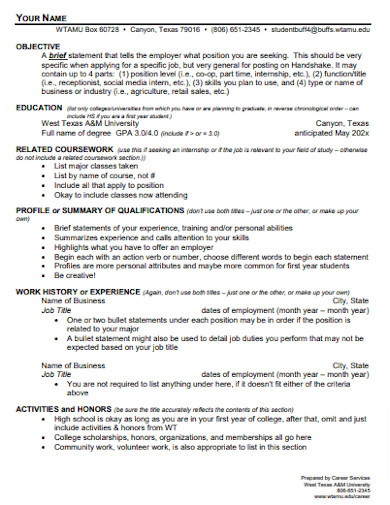
Simple Work Resume
download now -
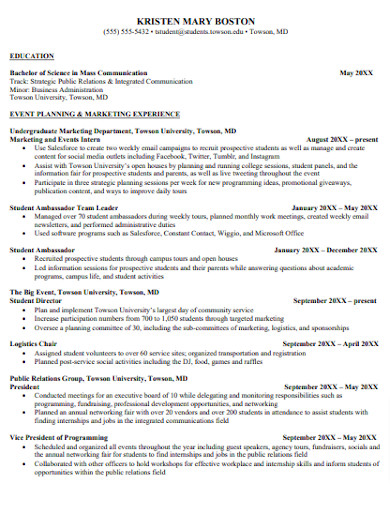
Work Experience Resume
download now -
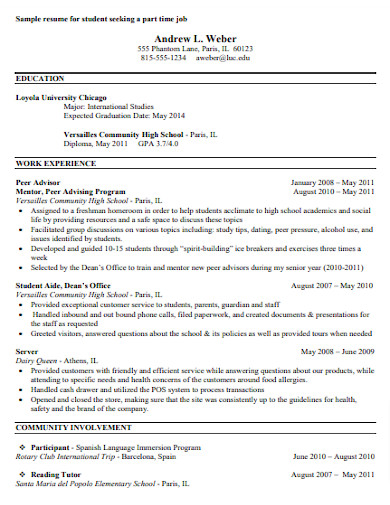
Part Time Work Resume
download now -
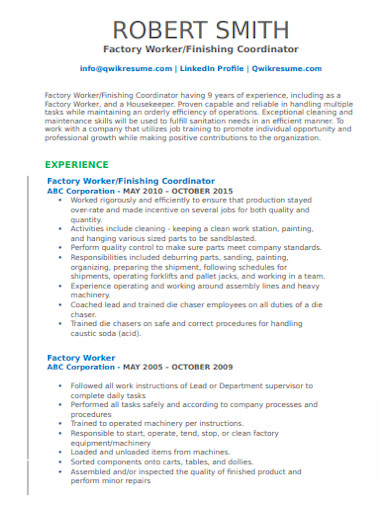
Factory Worker Resume
download now -
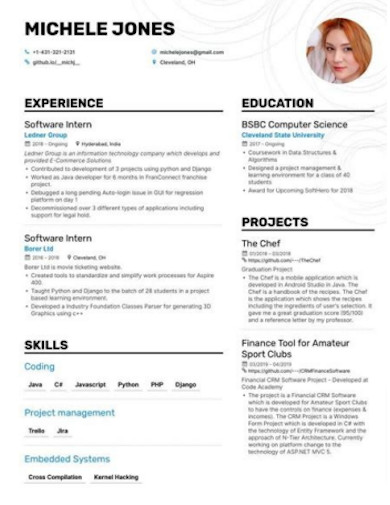
Entry Level Work Resume
download now -
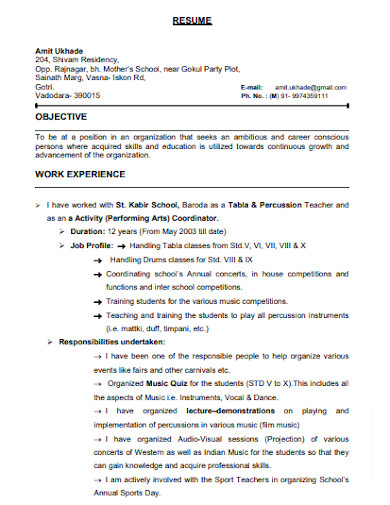
Experienced Work Resume
download now -
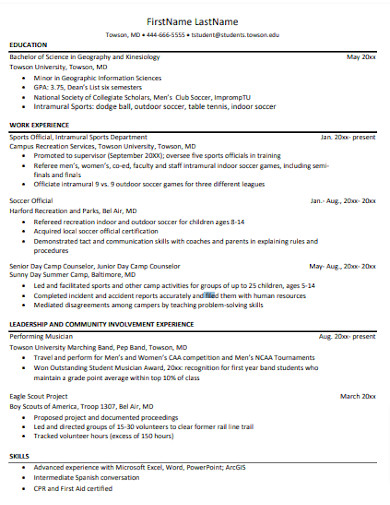
Job Work Resume
download now -
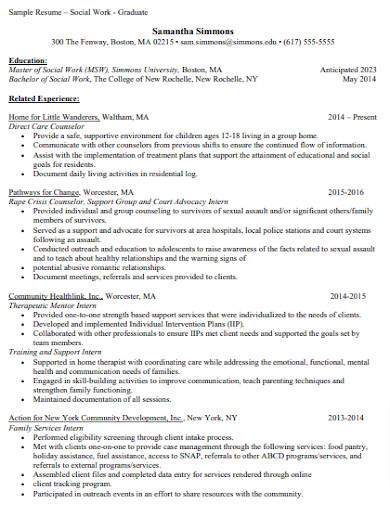
Sample Work Resume
download now -
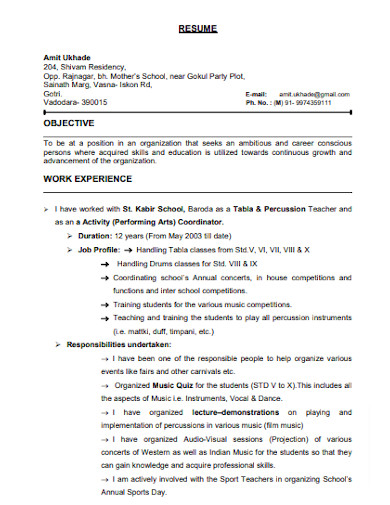
Work Resume Outline
download now
What Is a Resume?
A resume is a formal summary of your credentials, professional history, skills, and achievements. Most resumes include sections that describe your professional synopsis, work experience, talents, awards, education, and any other achievements that align with your career objectives. Employers receive resumes, typically accompanied by personalized cover letters, to determine eligibility and qualifications for a position. Employers use resumes to gain a more in-depth comprehension of candidates’ skills, strengths, and experience. Your resume is the initial point of contact with the employer and establishes the tone for subsequent steps, including the first interview, second interview, pre-screening, and employee onboarding.
Benefits of Work Resume
The resume gives recruiters the information they need to decide who to hire and ask for an interview. Because of this, you should know how important a resume is. First, if you want your resume to make an excellent first impression, it needs to stand out from the rest. Second, if you’re going to write a resume, you need to get the attention of the people in charge of hiring. Third, companies ask for the best resumes to be sent to the interview since they can only meet with some people who apply for a job. Most resume examples are turned down, so this process continues until you write a good resume that stands out. A well-written resume is the most important thing you can do to get accepted. Now, we will talk about a few reasons why having a good resume is so important.
Tips for Writing a Resume
While there are several standard resume formats, yours should highlight your unique education, experience, and abilities. You may wish to have multiple variants of your resume, each tailored to the specific positions you are applying for. Here are some essential resume writing guidelines that will assist you in organizing and formatting your resume.
1. Consider Keywords in the Employment Advertisement
When preparing to compose a resume, the best place to begin is by reading the job postings that interest you. As you register for various jobs, you should examine each job description for keywords that indicate what the employer is seeking in an ideal nominee. Include the appropriate keywords in your resume. When constructing your resume, you may find inspiration and best practices by reviewing resume samples from your industry. When using professional resume samples, it is essential to remember that they are not intended to be copied precisely. While you shouldn’t use samples as templates, they are helpful as examples of high-quality resumes in your industry and for your job title.
2. Use a Reputable Font
Your resume should be as concise and simple to read as you can because employers only have a brief amount of time to study it. Use a straightforward, uncomplicated font like Arial or Times New Roman. Font size should be between 10 and 12 points. Your resume will appear more skilled if you use a font that is easy to read and understand. Also, make sure to cut down or eliminate any unnecessary whitespace. Too much white space could give the impression that your resume is lacking, distracting the reader and possibly triggering a red flag. By eliminating unnecessary white space, you let the resume reader concentrate solely on the information on your resume and not on the empty gaps. By increasing the font size to 12 points and potentially including optional sections like “Skills” or “Awards and Achievements,” you can lessen the white space.
3. Include Only Pertinent Details and Place Them First
Even with extensive work or academic experience, keeping your resume concise and feasible without omitting pertinent information is essential. Hiring managers only devote a little bit of time per resume. According to research, hiring managers spend an average of six seconds per resume. If your resume contains outdated or irrelevant information, such as employment held more than ten years ago or minor degrees and accomplishments, it may detract from essential data. Include only relevant work experience, achievements, education, and talents on your resume. You can identify the most critical qualifications by carefully perusing the job posting. You should prioritize essential information higher on your resume to emphasize your most relevant skills and accomplishments.
4. Call Attention to Significant Accomplishments
Instead of listing your job responsibilities in the experience section, choose the three or four most significant accomplishments from each position you’ve held. Whenever feasible, include quantitative measurements of your success for the specific objective or achievement. You may also wish to include a discrete “Achievements” or “Skills” section to highlight your academic, professional, volunteer, and other accomplishments.
5. Include Only the Headings and Sections You Need
Whether using a template or constructing your resume, you may discover some sections you do not need. For instance, you should include something other than a resume summary and objective. Only include a vacant work history section if you have just graduated from high school or college and have yet to hold a professional position. You could supplant the experience section with coursework, academic achievements, and other occasions such as internship contracts and extracurricular activities. If you have difficulty filling a section with more than two bullet points, you may also find it helpful to combine units.
How to Send Your Resume to Potential Employers
You have diligently crafted a resume that highlights your strengths and positions you as a formidable candidate. What now? Should you begin sending your resume to potential employers randomly, or is there a method to the madness? Here are four rules to remember when submitting your resume to potential employers.
1. Post Your Resume to Career Websites
There is excellent value in posting your resume to the many available career websites. When submitting your resume to career sites, be sure to include all of the information that the site requests. This will ensure that your resume is seen by employers seeking someone like you. There are also job listings on career websites where you can submit your resume. Utilize the search functions on these career websites to locate job postings you can apply for and submit your resume.
2. Submit Your Resume To An Unsolicited Company
Proactive job seekers will utilize the Internet to search for well-known companies. For instance, if you are a professional in computer sales, you might search Dell’s website for job openings. This is an excellent method for submitting your resume to companies you’ve always desired to work for. Remember that job seekers must create their success to land their ideal job. Each website will contain detailed instructions on how to submit a resume. Most websites require you to complete a lengthy application before submitting your resume.
3. Send Your Resume Via Email To Potential Employers
Only send your resume to a unique email address. This is the first rule of successful job searching. First, the receptionist will likely discard your resume or whoever checks that email account. You have yet to determine whether the company permits attachments when you send your resume via email. Each company’s website will indicate whether emailed resumes are accepted, and attachments are allowed. Extensions are filtered out by the firewalls on some company computer networks, so the company does not get them. Examine the company’s email formatting preferences by reading the instructions. If the company does not permit attachments, duplicate and paste your resume and cover letter in the body of the email. If the application allows extensions, you should always send a PDF of your resume. Microsoft Word documents can become corrupted between various Word versions.
4. Mailing A Paper Resume
If you are responding to a job advertisement requesting a paper resume sent to a specific address, follow the instructions precisely. If you’re contacting prospective employers and believe that sending a paper resume via snail mail will attract the hiring manager’s notice, you probably need to be corrected. Unless a company website or job posting explicitly requests a paper resume, your best option is to send it via email. If you must use paper, use neutral-colored, professional bond paper. Flashy resume paper guarantees that your resume will be ignored.
FAQs
Do I need a resume to find a job?
Almost every job application will require a resume. Considered essential information for an employer to evaluate your suitability for a position and determine whether to invite you for a job interview evaluation.
Is the most important part of your resume your work experience?
Most employers consider the work experience section an essential portion of your resume, as your career path is frequently the most direct and effective method to communicate your skills. It describes the companies you’ve worked for, the industries you’re familiar with, the skills you’ve acquired, and the contributions you’ve made throughout your career plans.
Which resume focus more on skills and experience?
A functional resume emphasizes skills and experience rather than work history in reverse chronological order. It is typically used by job applicants who are changing professions or have employment gaps.
Overall, a resume is the most essential item to have at all career stages. No matter how successful your professional career development plan has been, it would be best if you convinced recruiters with a strong resume because they have no idea what you have accomplished in the past. They can only learn what is listed on your resume. Therefore, your resume effectively conveys your professional career so that you can persuade recruiters that you are the most qualified candidate.
